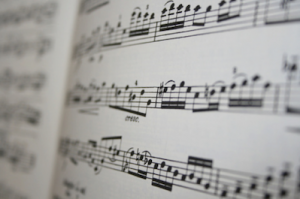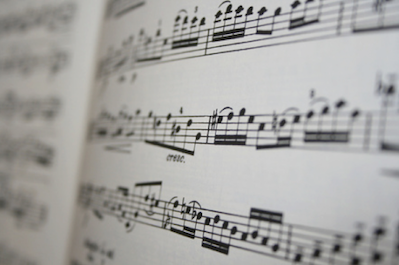Dear Writing Diary:
I read your response about the positive qualities of bibliographies, and I guess I see your point about using them to streamline my research process, but I’m still pretty jaded about having to write them all the time. I’ll trust what you said about teachers’ intentions. Taking a second look, teachers probably aren’t assigning bibliographies because they don’t trust me or because they want to punish me. Still, writing these things certainly feels like punishment. Figuring out all of the tiny details is more tedious than re-assembling a wrist watch. Put this in parenthesis. Make sure there’s a comma after that, and before this, and between these two things. Italicize. Capitalize. Don’t capitalize. Remove the hyperlink. And, what in the world is a DOI number?!? I’ve softened a bit on the function of the bibliography, but your explanation hasn’t helped my frustration with all of these silly, tiny, arbitrary rules. If I list who wrote a source, the title of the source, and the link to the source, why on Earth do I need all of this extra stuff? It feels like someone just made up all these rules for the sake of making up rules! Can you explain this to me? What purpose do all of these formatting details possibly serve outside of making my life just a little bit more complicated?
-Still Bitter with More Baggage
Dear Still Bitter,
All those rules do seem arbitrary, don’t they? I didn’t understand their function for a really long time, and like you, I felt a lot of resentment over having to tediously follow every little detail outlined by teachers, style guides, and writing labs. Actually, “punishment” feels like a mild descriptor, in retrospect. But believe it or not, those tedious details are not arbitrary. They have very particular and very important functions.
The easiest way for me to wrap my head around the “details” issue with bibliographies is to think about sheet music. I grew up playing the piano, so I can read sheet music pretty well. Consider this hypothetical: tonight I decide to go home and compose the first movement of a symphony. I write out the music, fold it up, stick it in an envelope, and mail it to my friend in Germany. My friend doesn’t speak English, and I don’t speak German. Will he be able to read my symphony? Yes, absolutely, if my German friend also knows how to read sheet music. Sheet music is a code. If you know the code, you can understand it, regardless of where you live or what language you speak.
The formatting details in bibliographical entries function the same way. Here’s a real-world example that showed me the importance of getting the formatting details correct. I was writing a thesis on 20th century African American authors. During my research, I kept coming across a French literary critic who had written extensively on one aspect of my topic, and I needed to access his work. Unfortunately, I don’t speak or read French, and all of his literary essays were written in French, which made accessing his publications problematic. However, I do speak MLA. And because I speak MLA, I know that when I see a phrase in a citation that is encased in quotation marks, that indicates the title of an article. Because I speak MLA, I know that when I see an italicized phrase in a citation, I know that those words compose the title of the publication. Even though I couldn’t read the words themselves, I could follow the code and identify each part. That allowed me to return to the databases, do a title search, type in the French words that had quotation marks around them, and successfully retrieve the literary essay I needed, without knowing the language. From there all I had to do was enable my Google Translate feature and convert the article from French to English. Problem solved.
Situations like this are the reason for all of the tiny, detailed, rules that come with bibliographical entries. If the person who wrote the bibliography that I was using made any MLA formatting errors, I would not have been able to correctly decipher the code, which would have resulted in a failed search. If I write a bibliography that contains formatting errors, I put the next researcher in the same potential danger. That’s both how and why I have come to terms with the tedious nature of the bibliography. Getting those details right ensures that research can continue and academic conversations can grow, globally, unhindered by geographical, political, or cultural barriers. But none of those lofty goals can be achieved if researchers aren’t meticulously accurate when it comes to citing their sources.
–Diary

